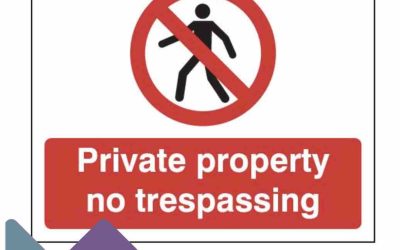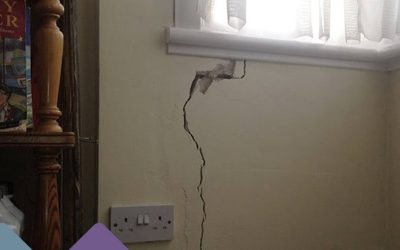In this property blog post we will be looking at the importance of servicing your boiler and bleeding radiators.
Boiler Maintenance
Boiler servicing is an important procedure which should occur on an annual basis, in order to minimise the chances of breakdown and various other faults.
The general process of boiler servicing involves a having a trained professional come and check the condition and performance of your appliance, to ensure its operating at its peak performance, as well as making sure that any seals, gaskets and the heat exchanger show no signs of wear and tear.
Annual preventative maintenance too your boiler is financially beneficial in the long run, as reactive repair costs tend to be expensive. Boiler servicing also reduces the cost of heating bills; annual checks ensure that less gas is used.
Having your boiler serviced on an annual basis is a strict condition of boiler warranties, so make sure your boiler is annually serviced to help ensure that your warranty is valid.
You may want to service your boiler for the safety of you and your family, as faulty boilers are known to leak carbon monoxide; a colourless and odourless and highly toxic gas.
If you wish to have your boiler serviced, then it is best to contact a reputable engineer.
Radiator Bleeding
At times you may find that your heating system isn’t warming your home properly, one of the most popular causes of this is down to the fact that air bubbles are trapped in the system. You must bleed the radiator when this occurs. Air bubbles prevent hot water from circulating effectively, as a result radiators are not as hot as they should be or may take longer to warm your home.
How do I correctly bleed my Radiator?
It is highly useful knowing how to bleed a radiator, knowing how to do so can make your heating more efficient, keep your boiler in peak condition, and will save you money on gas heating. Basic know-how knowledge can prevent a wide range of problems; from inefficient heating, to rust leaks and boiler damage.
In order to successfully bleed your radiator, you must do the following:
- Begin by turning off your central heating, this is important as it prevents boiling water from spraying out of your radiator as you bleed it.
- Gather your radiator bleeding essentials: rummage through your kitchen for a dry cloth like a tea towel, and a bowl of tray to catch water. The only specialist piece of kit you need is the radiator key.
- Find the square bleed screw located at the top corner of your radiator, make sure you have placed the bowl directly underneath at the base of the radiator.
- Place the radiator key over the bleed screw, cover with another cloth and turn anti-clockwise for about half a turn. As the air releases you should hear a hissing sound. You must now hold the towel close to prevent water spitting onto the radiator.
- Eventually the air should stop hissing, at this point water will begin to trickle out steadily, tighten the screw again, being careful not to over-tighten and damage the valve
- Switch the heating on again, and check the boiler pressure. If you find that it is below the optimal level, you will need to boost it by using the boilers filling loop. This is usually a tap or lever on the main water supply to your boiler
- Check that all radiators are heating evenly and that none of the bleed valves are leaking, some radiators may need bleeding a second time, if the problem remains then it is best to call a heating engineer.
You’ve lost me! Who can I call for help?
If you feel uncomfortable with undertaking the process yourself, then do not hesitate to phone up a reputable heating engineer to assist you.
If you’re purchasing a home, the Surveyor will always check the service records for the boiler, so be sure to have an RICS HomeBuyer Report in advance of exchange as this will ensure you are best informed!




